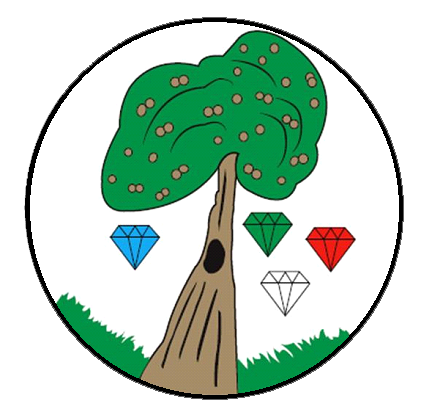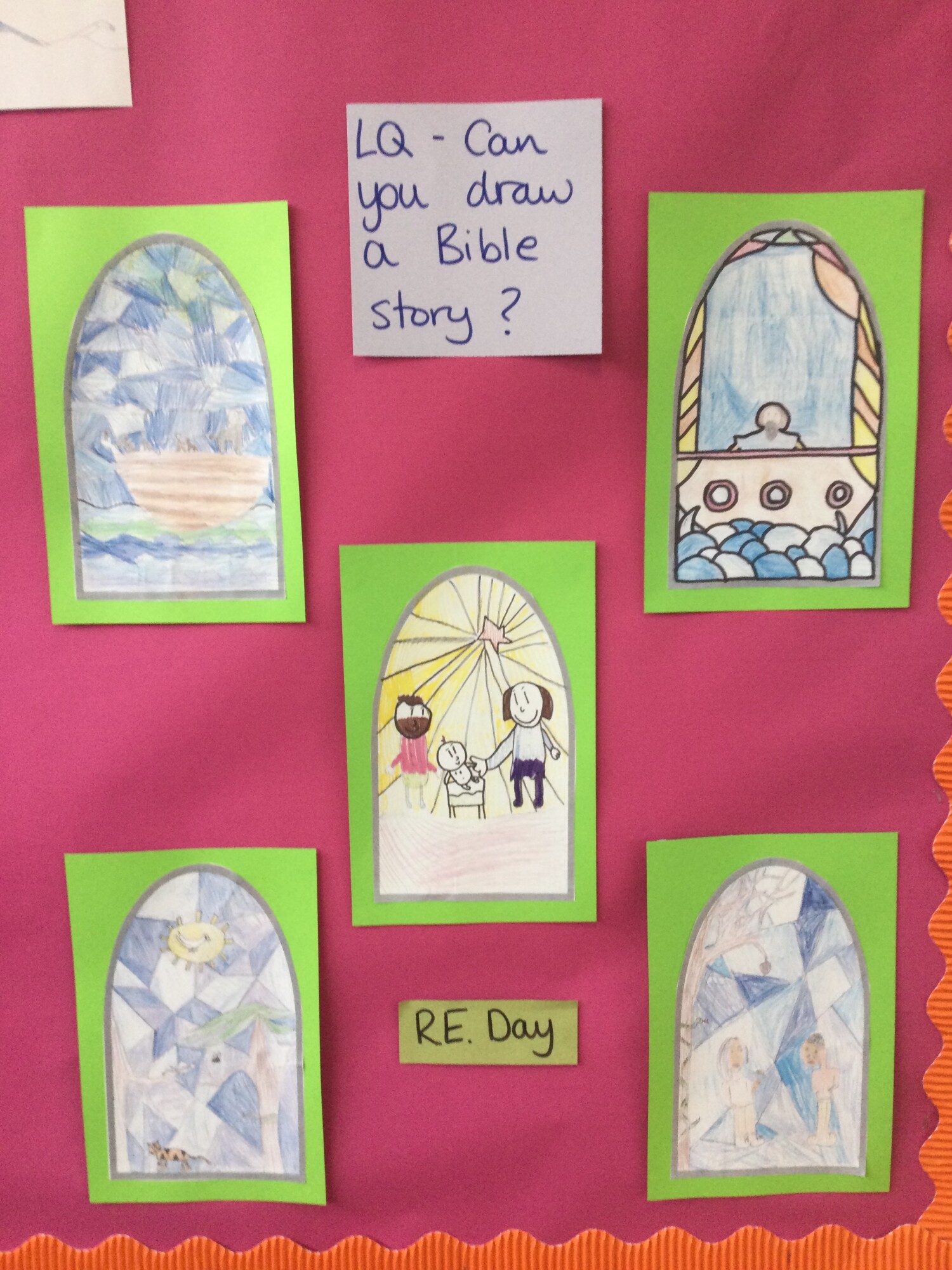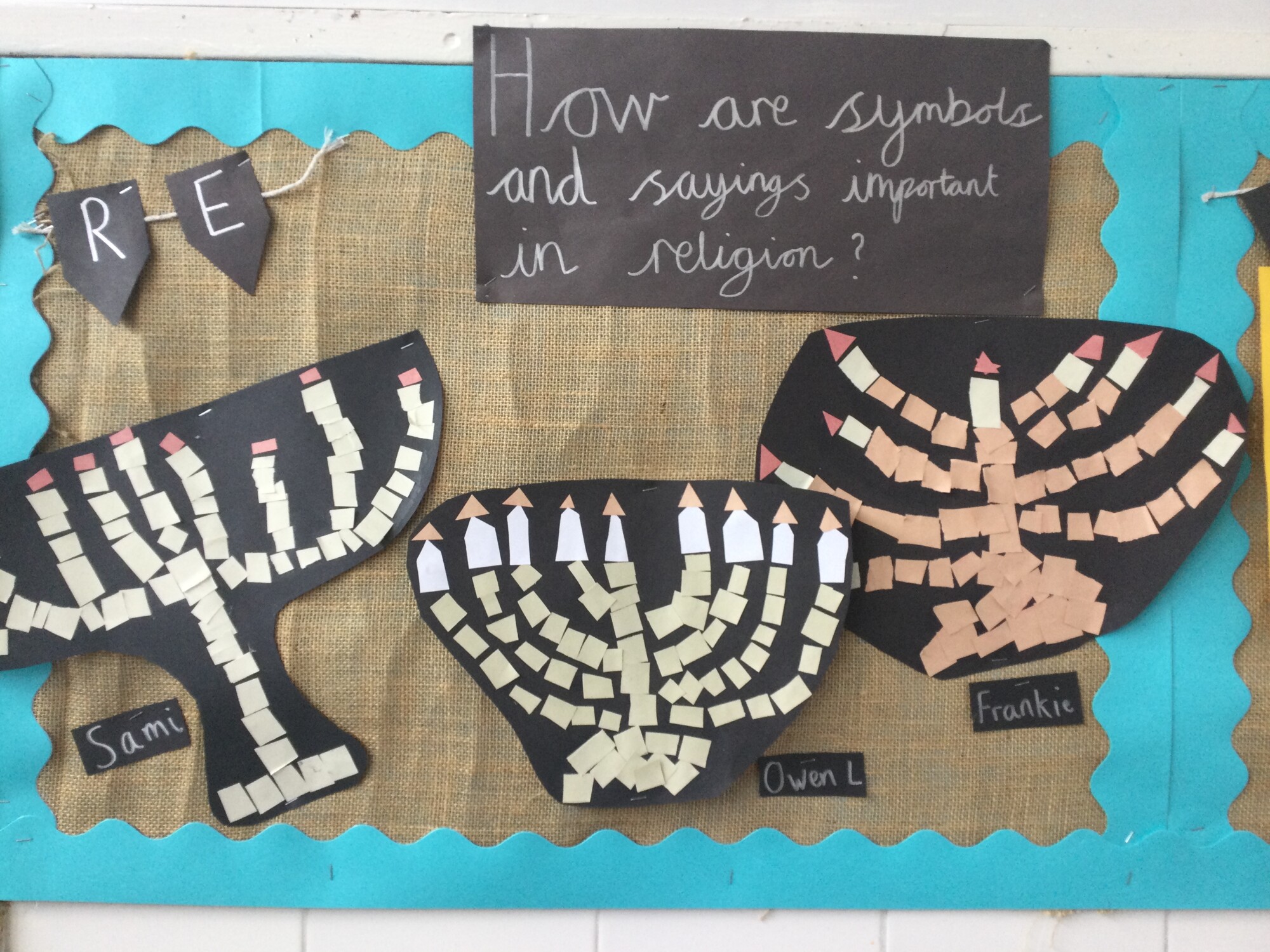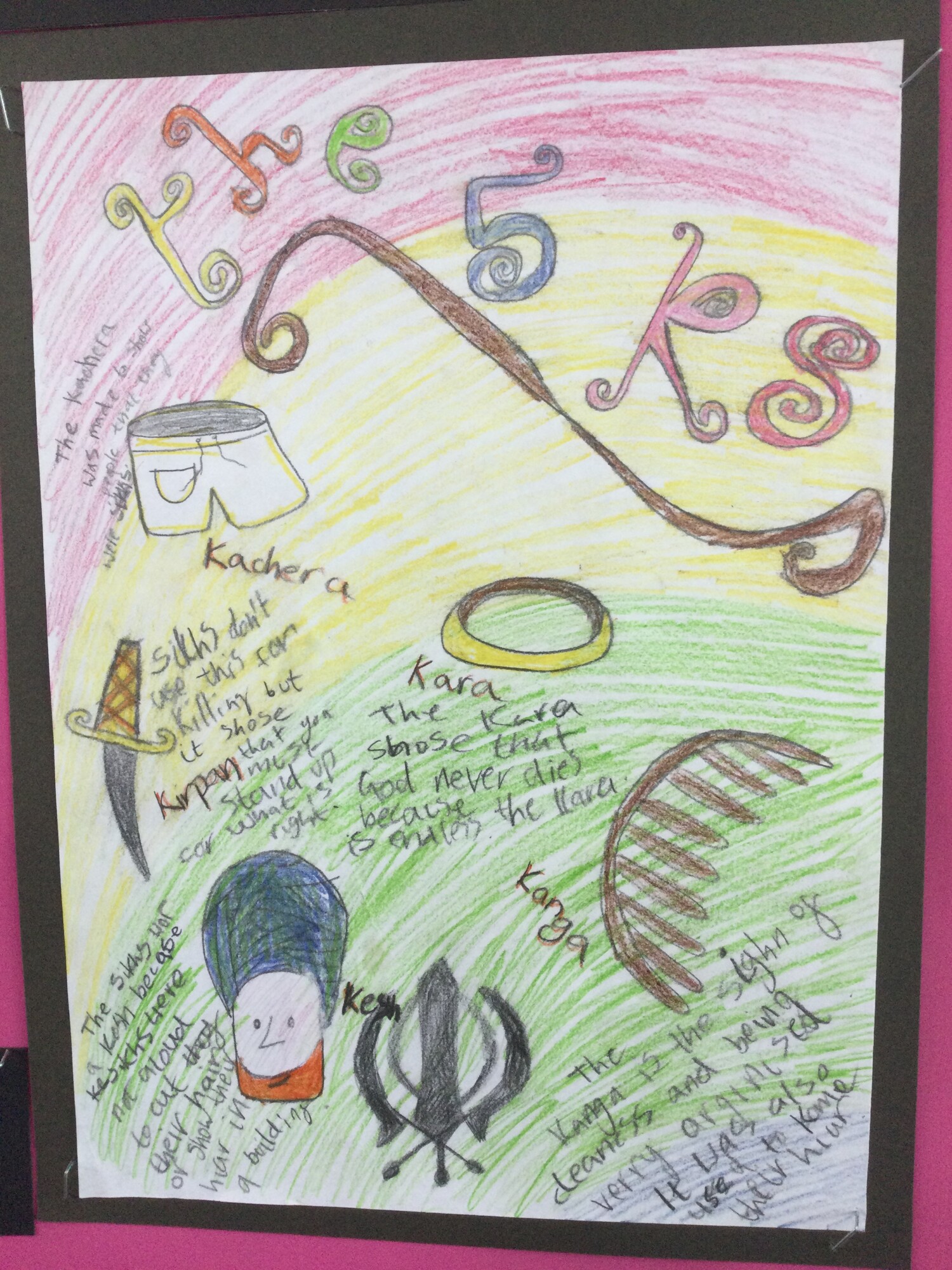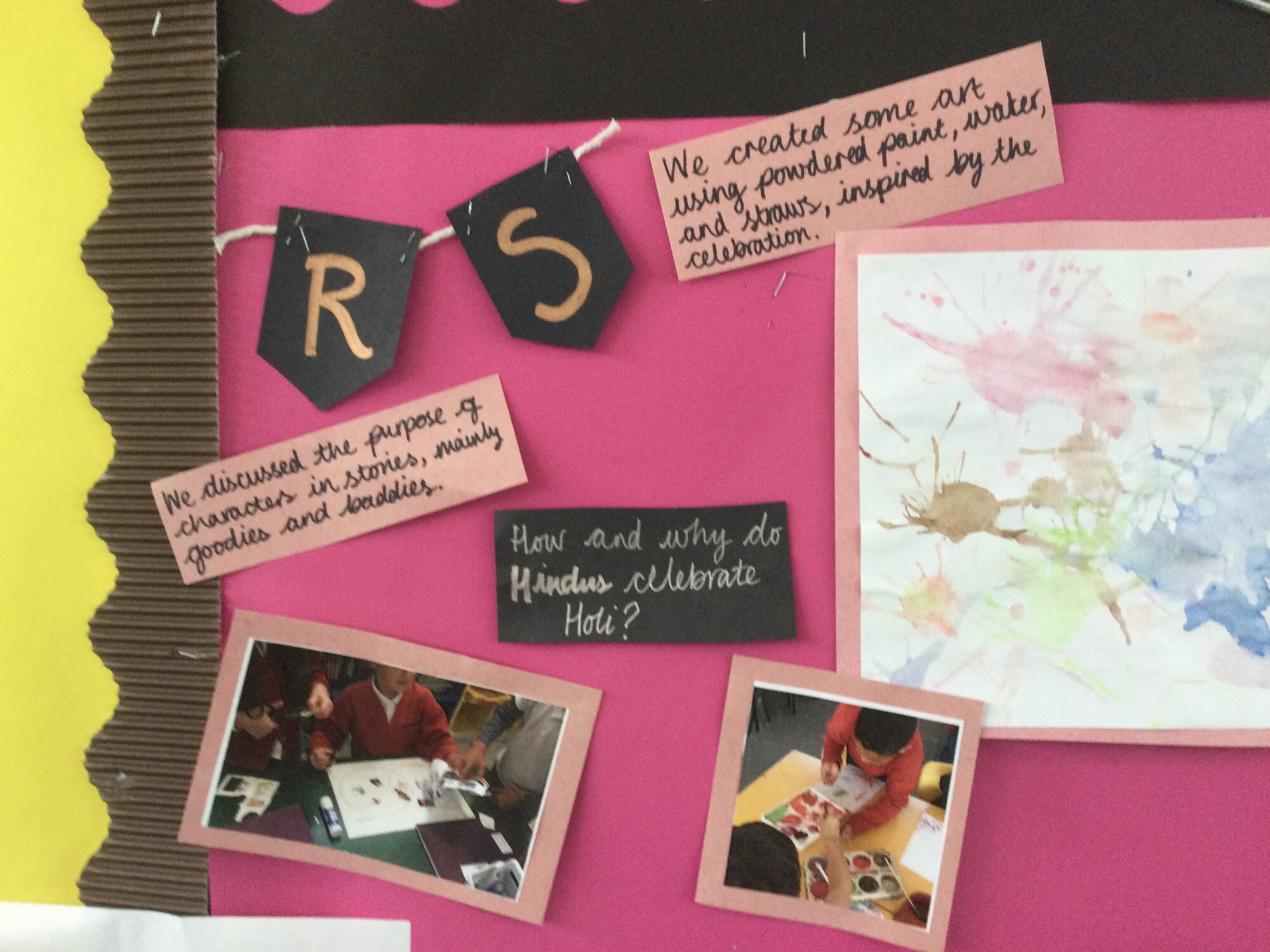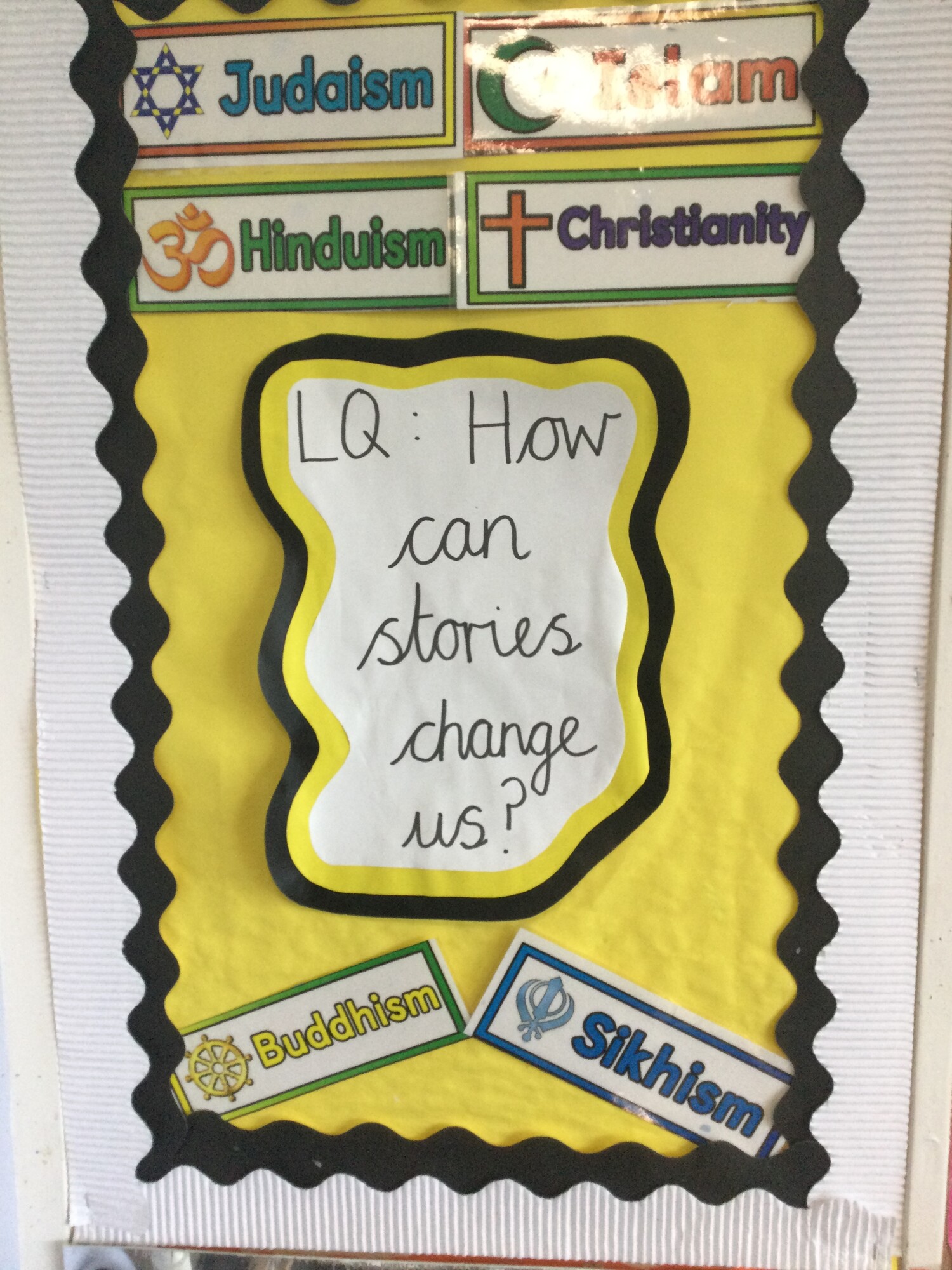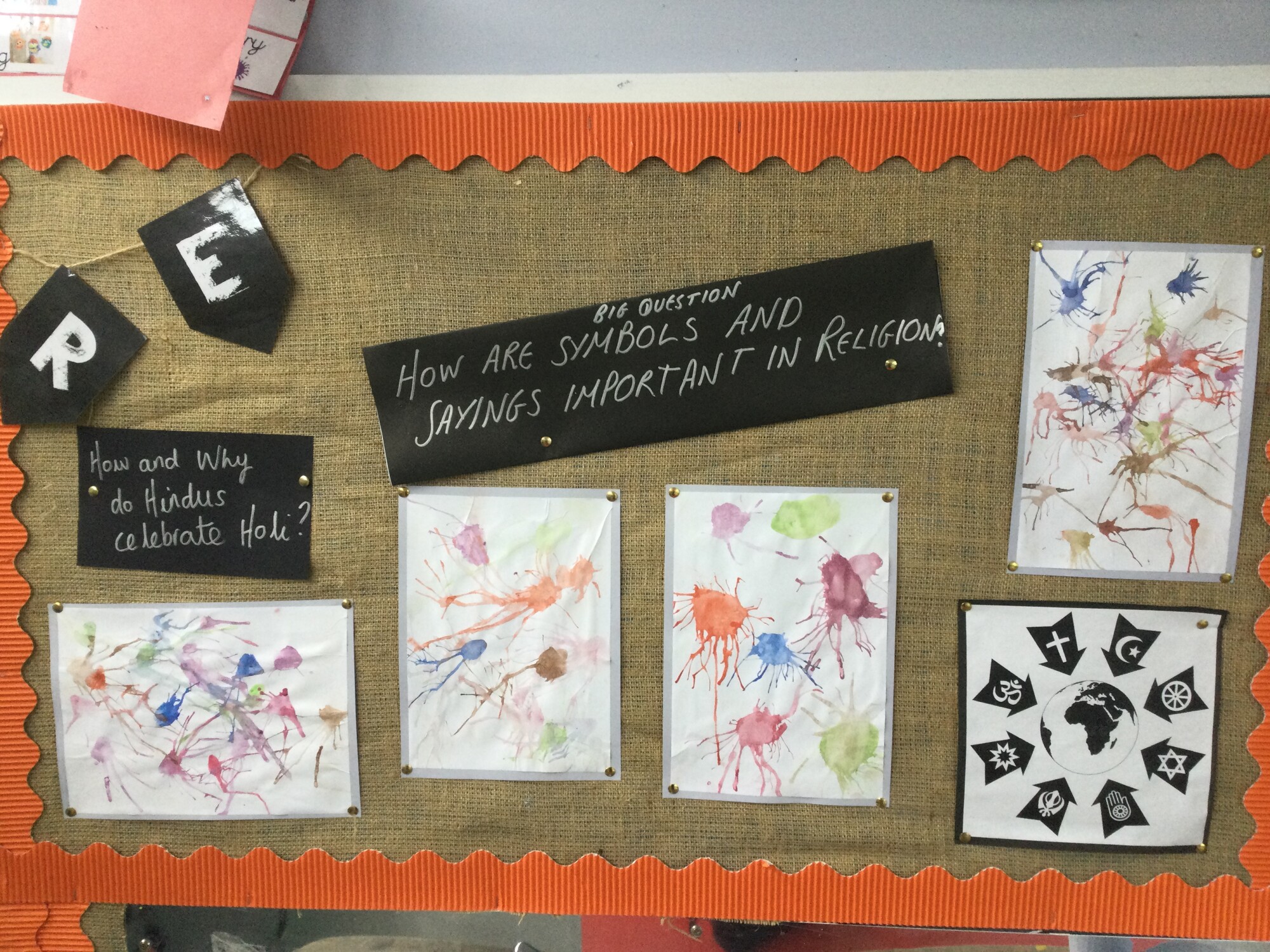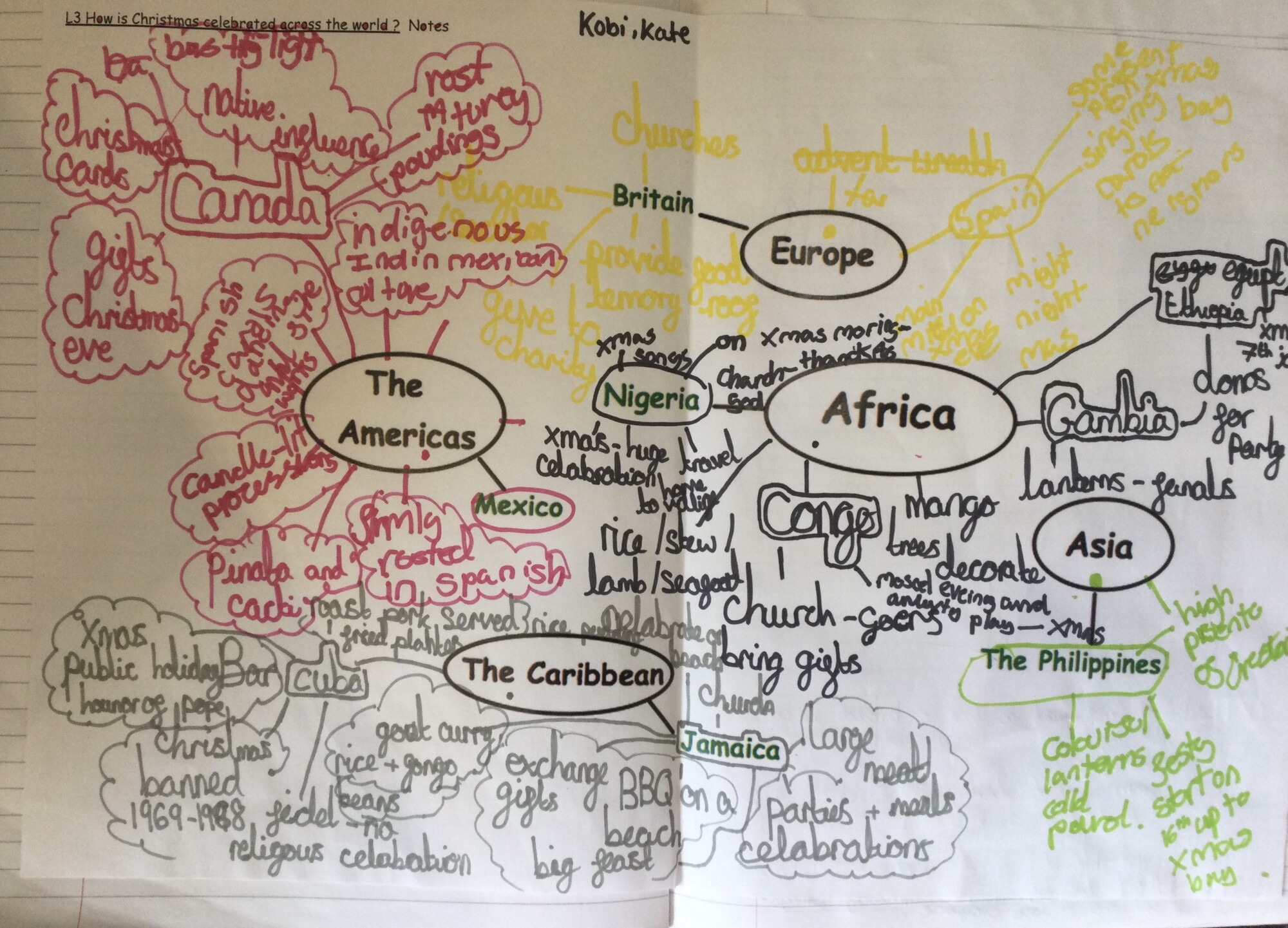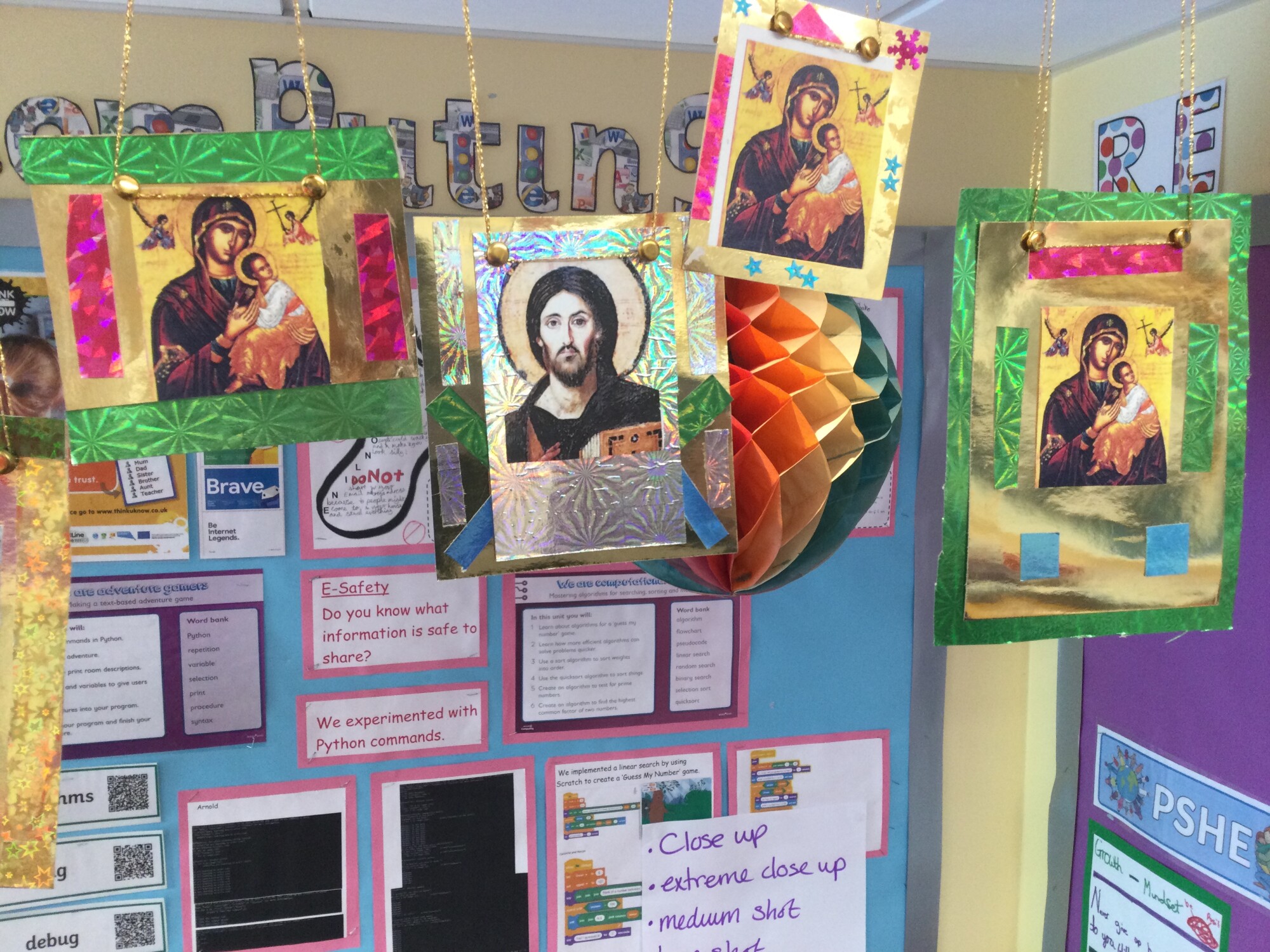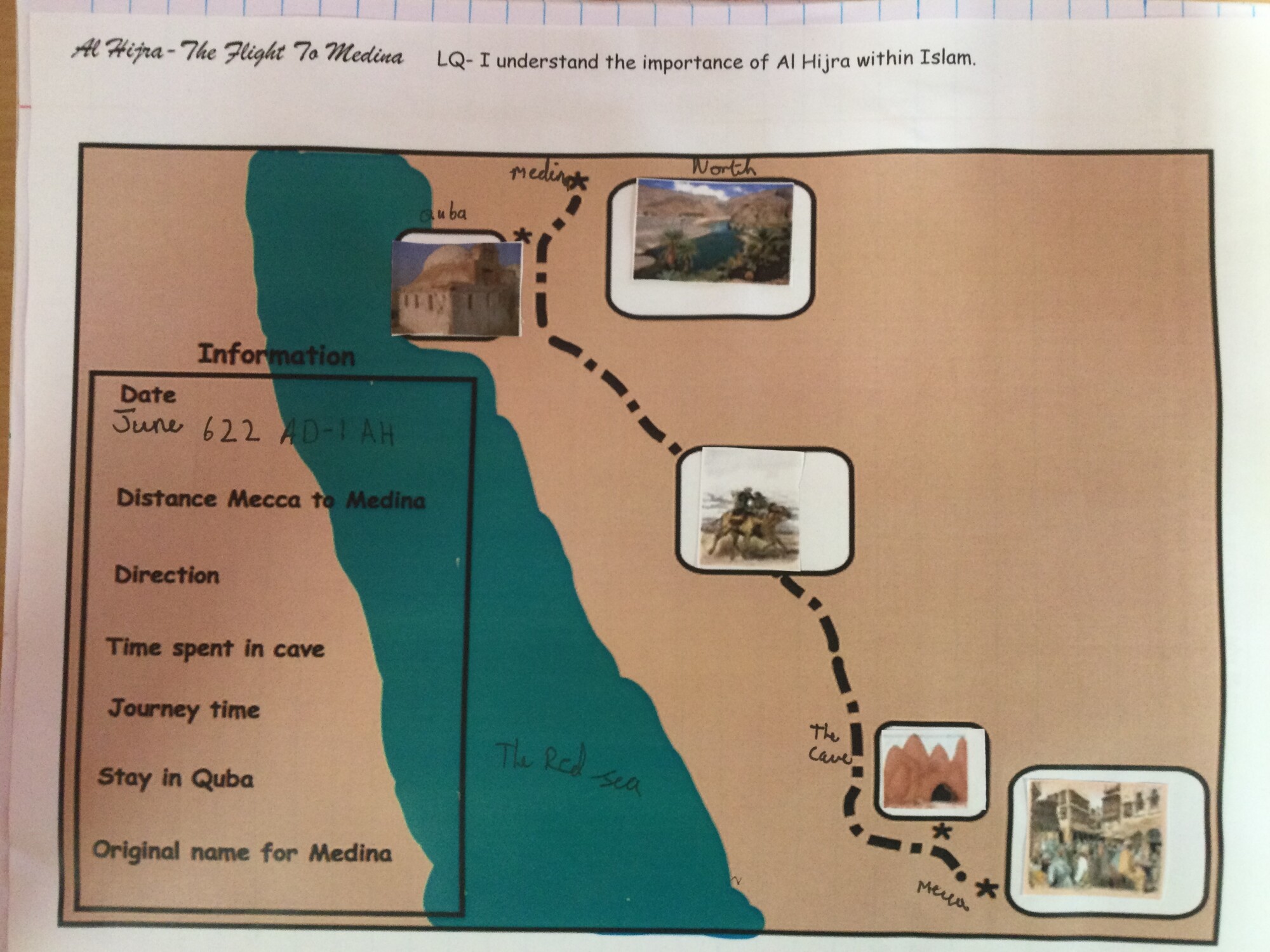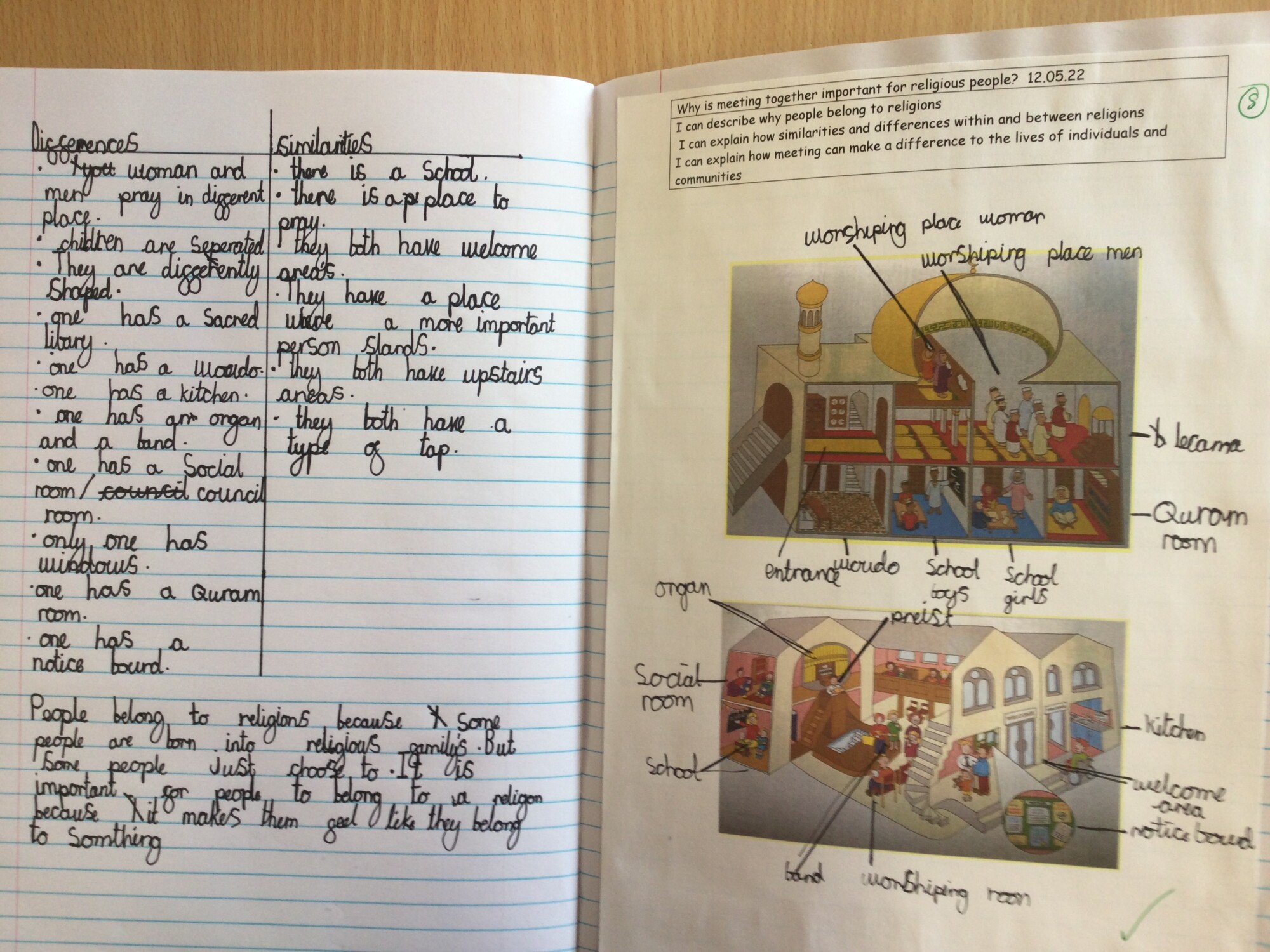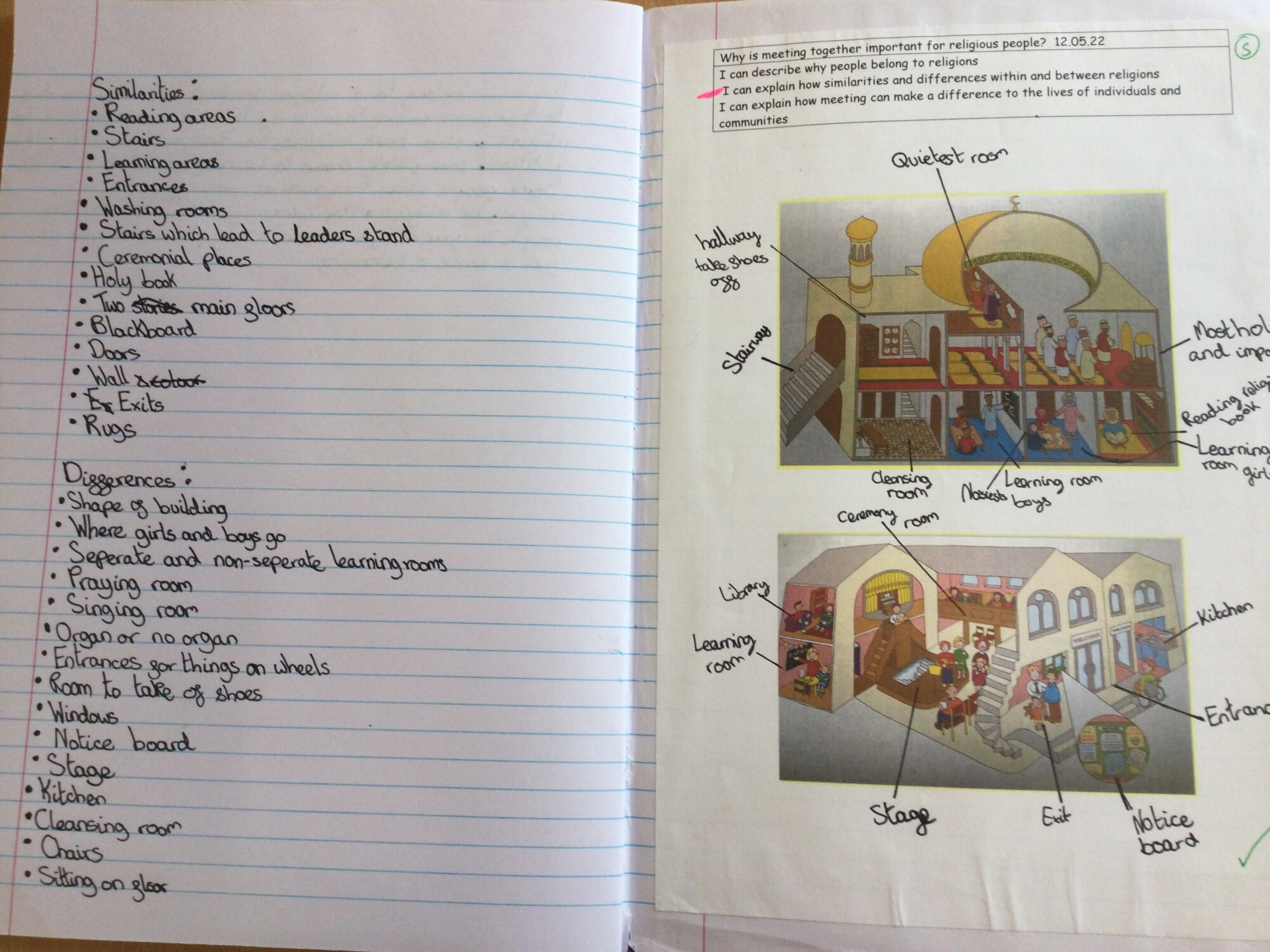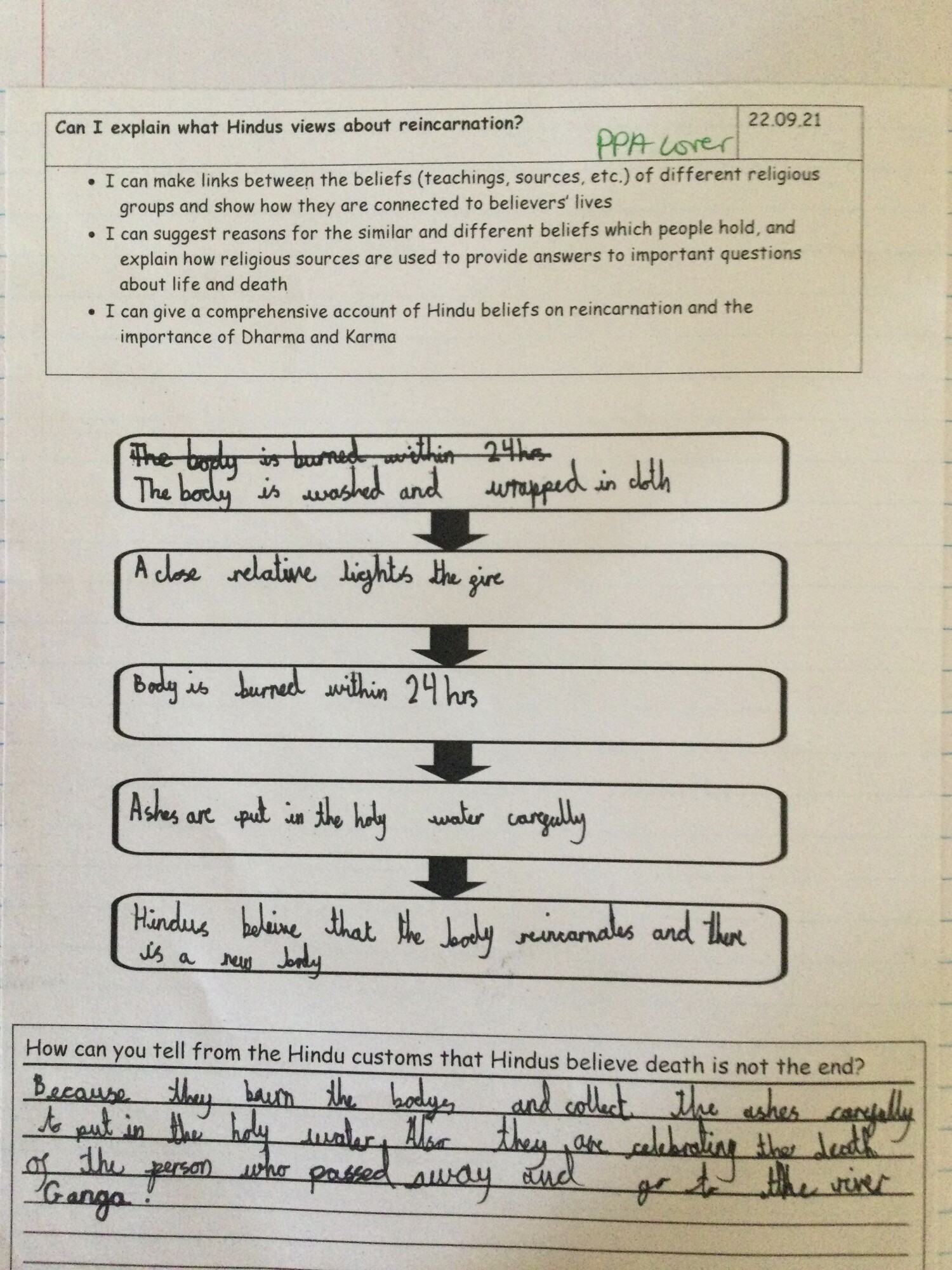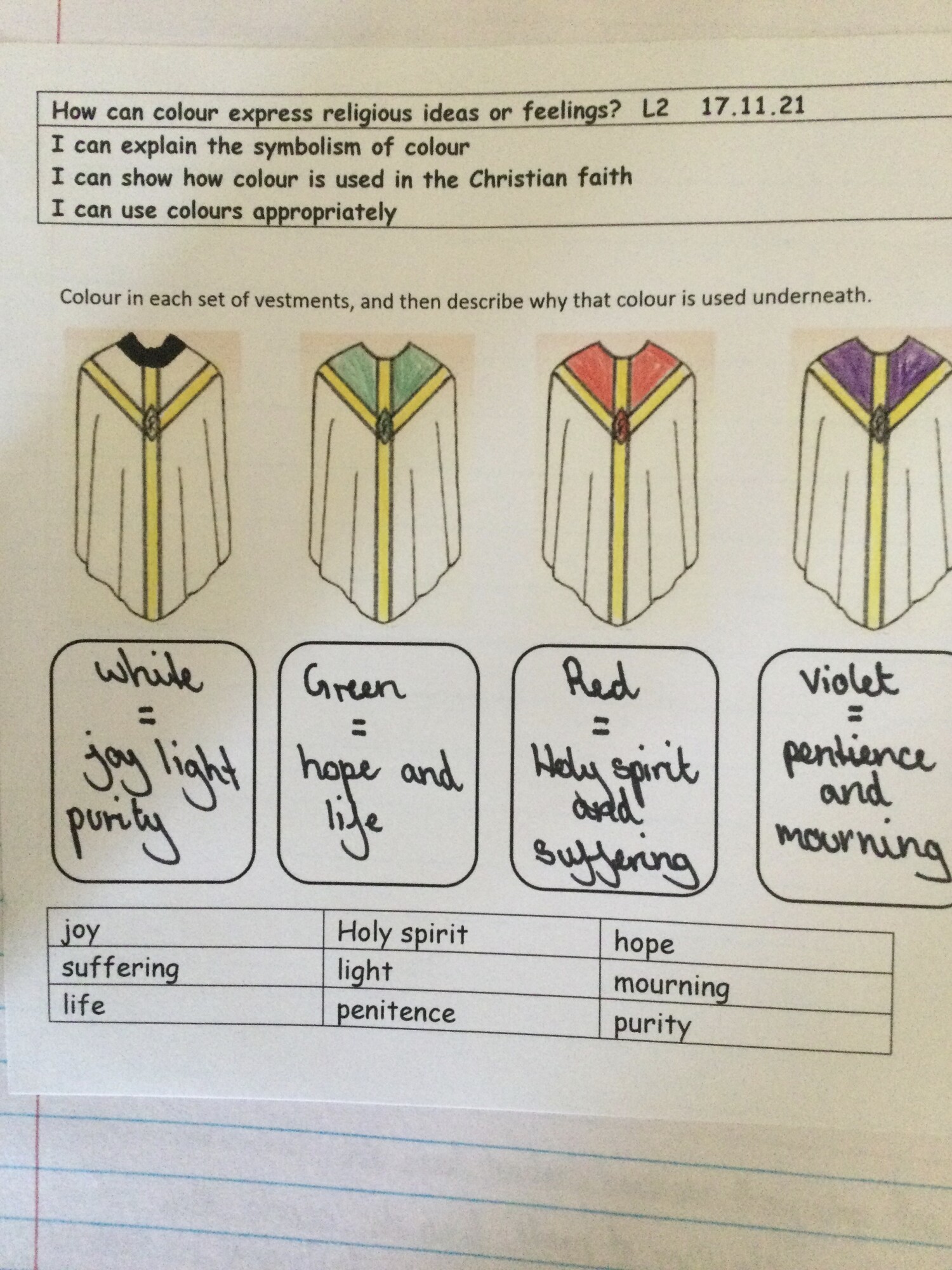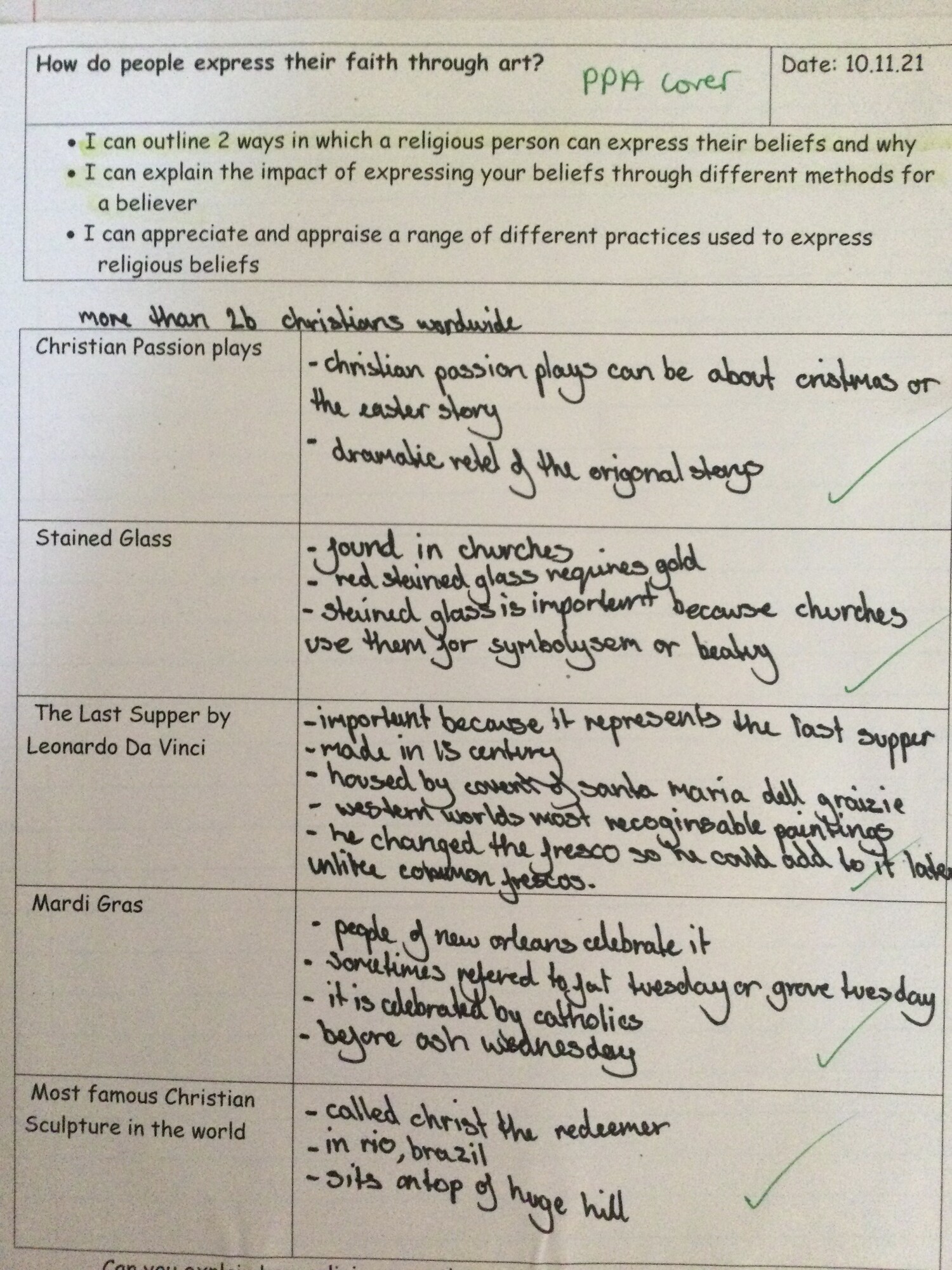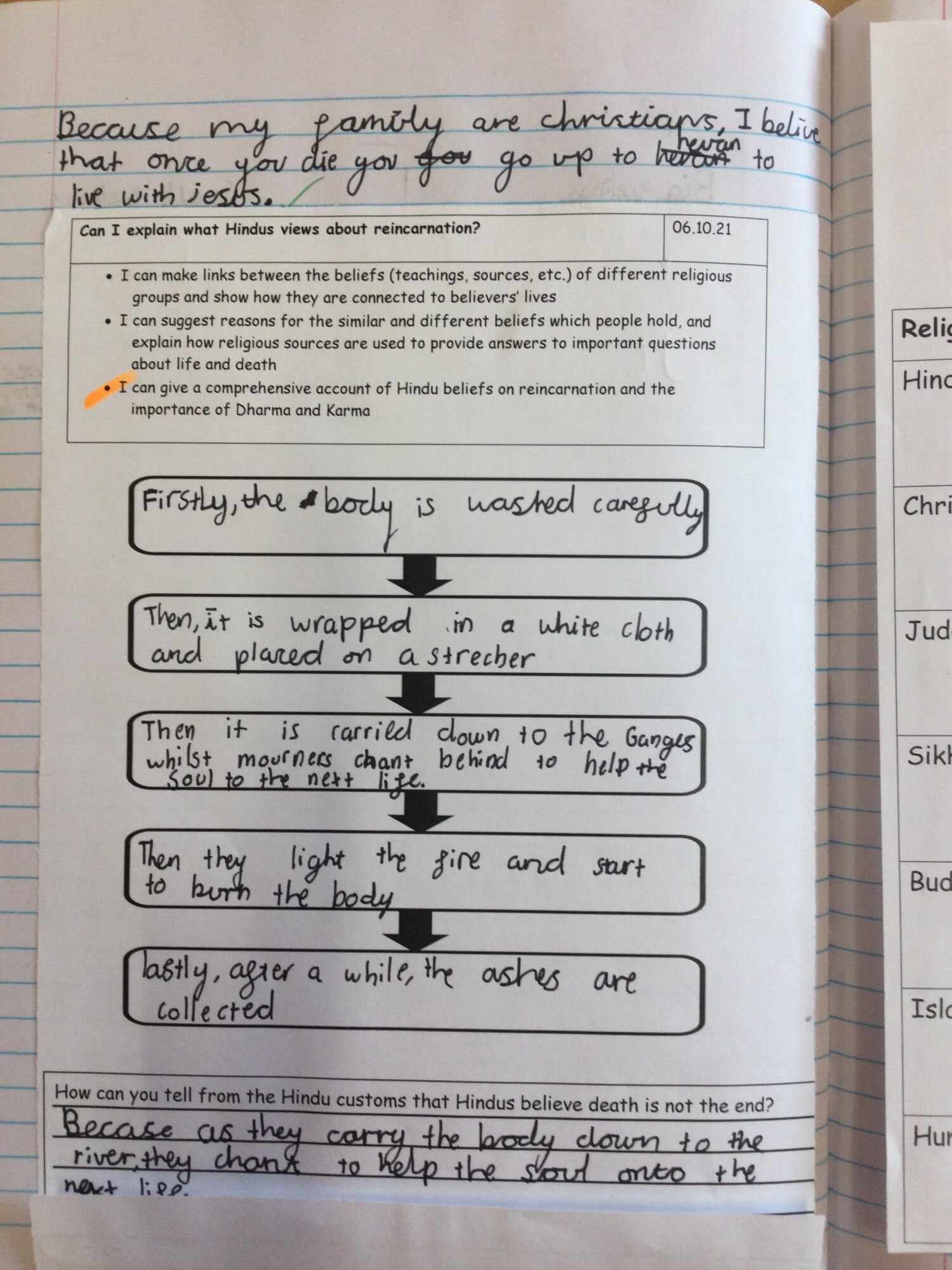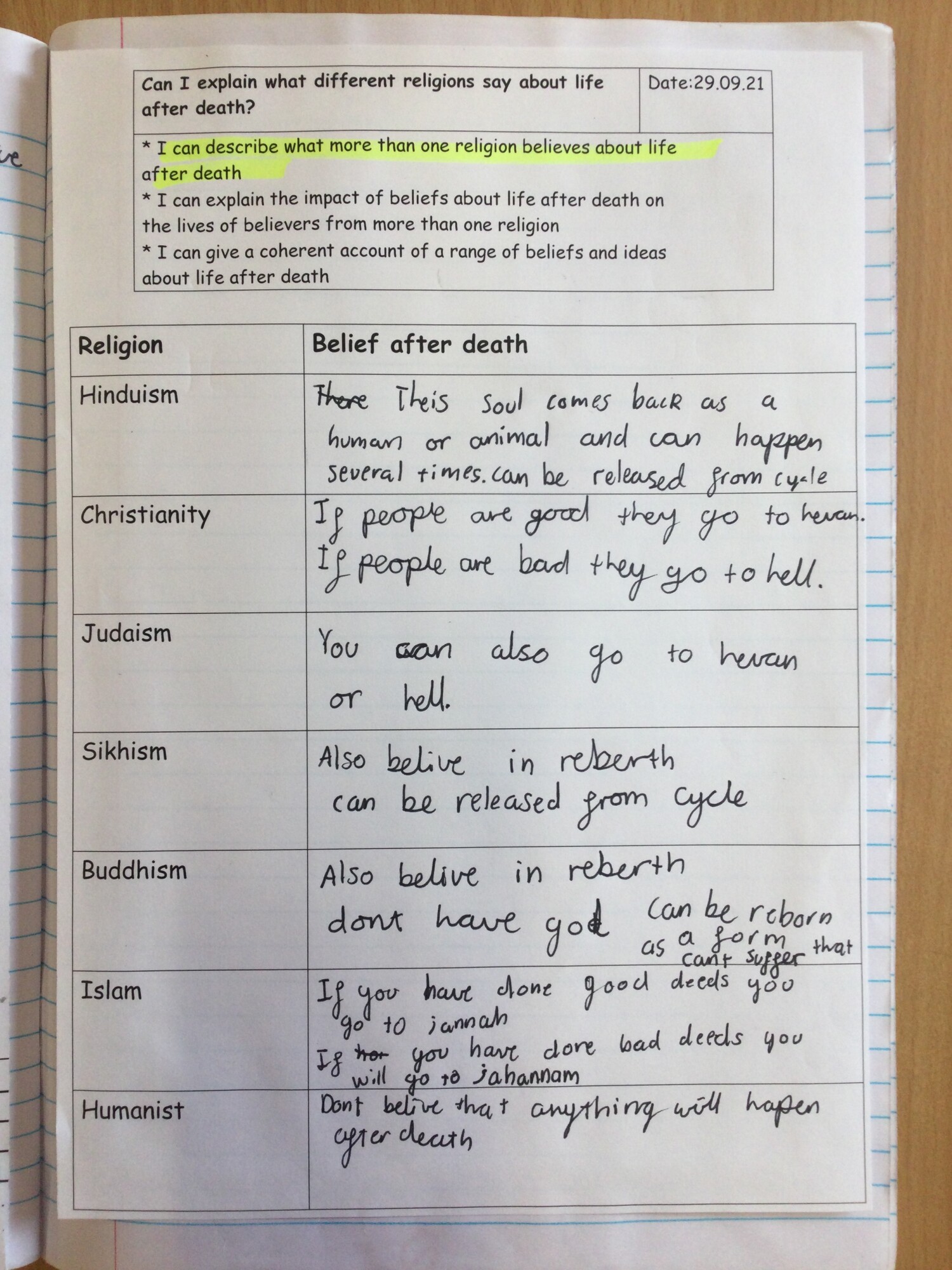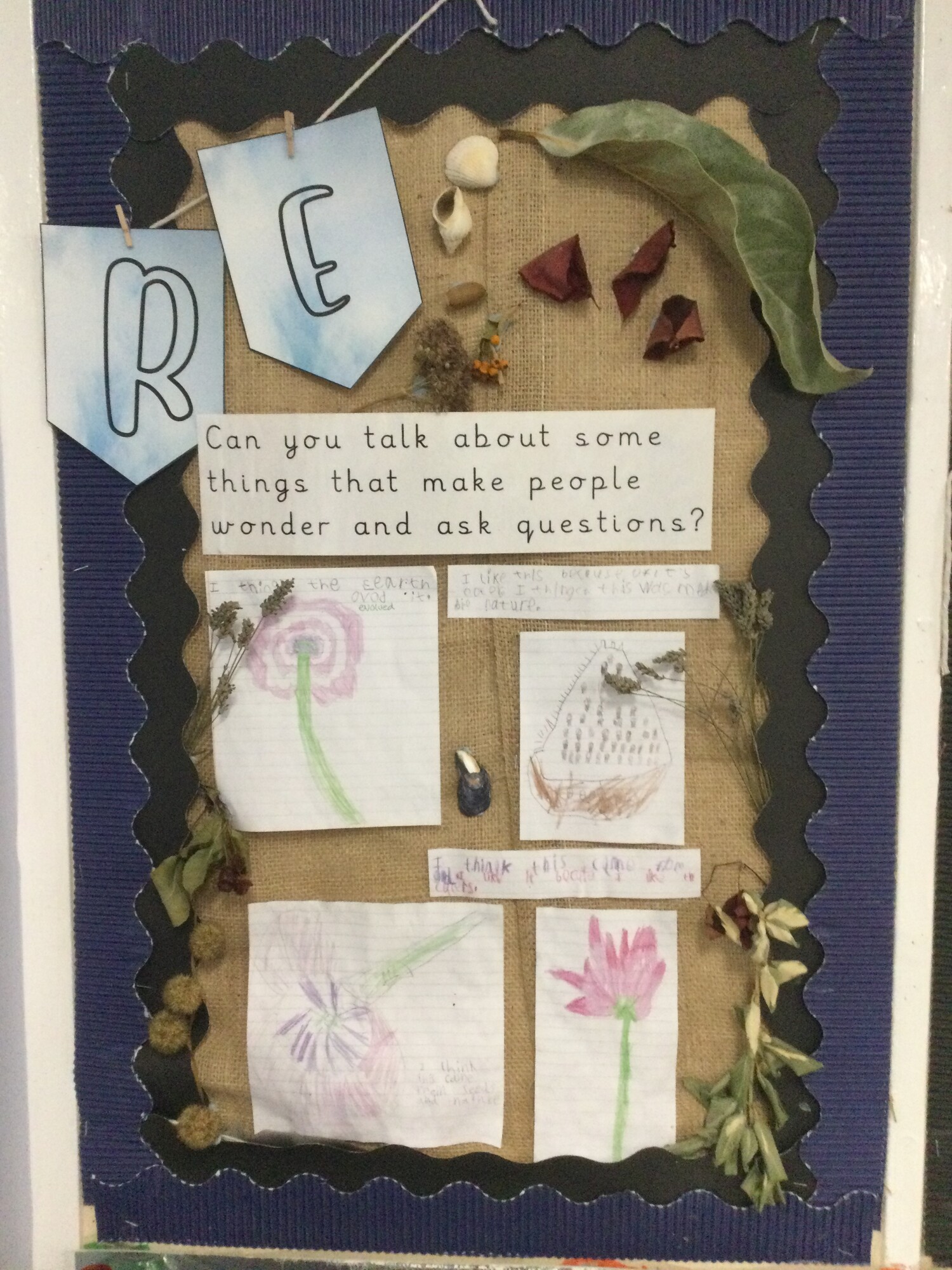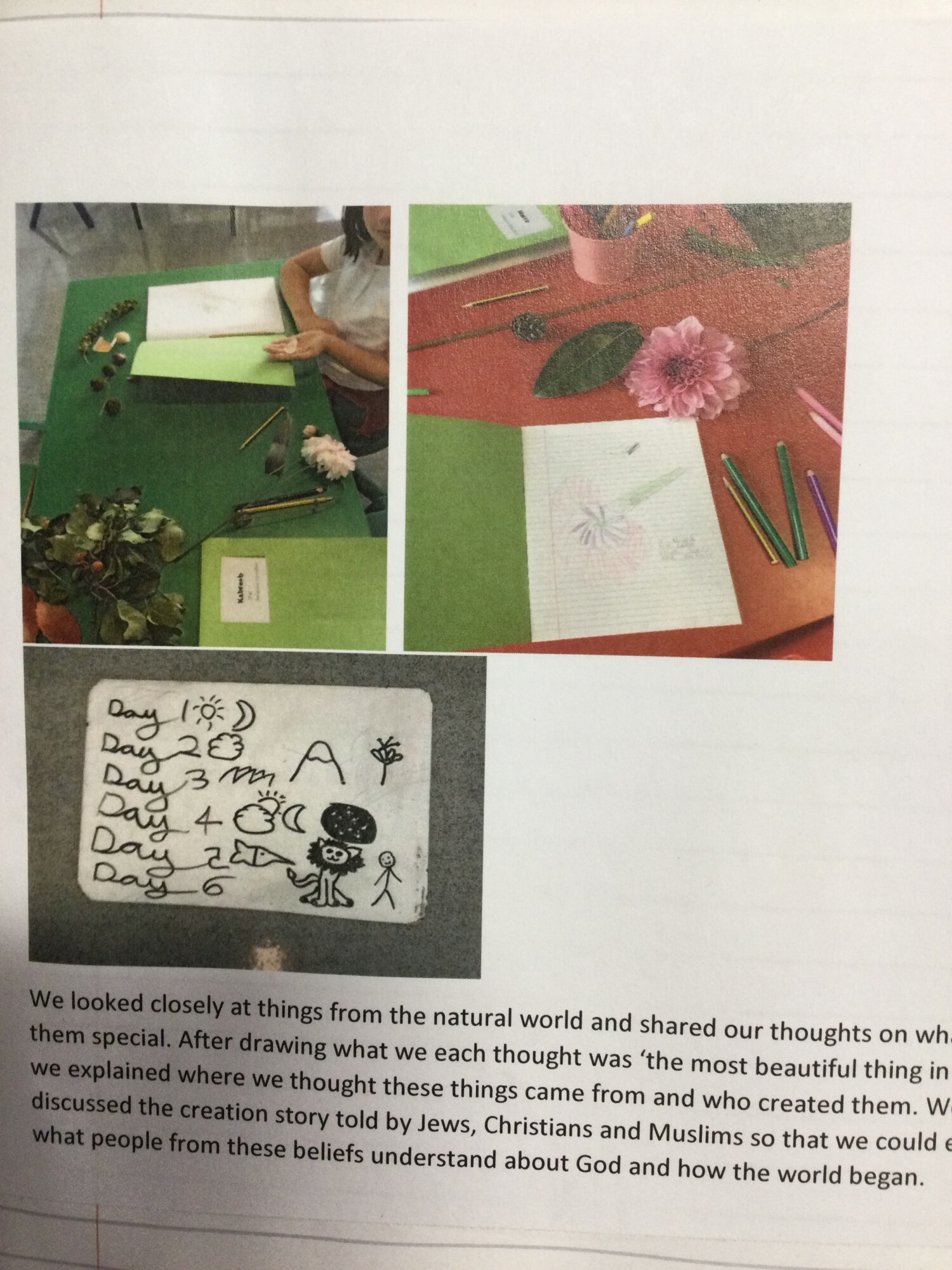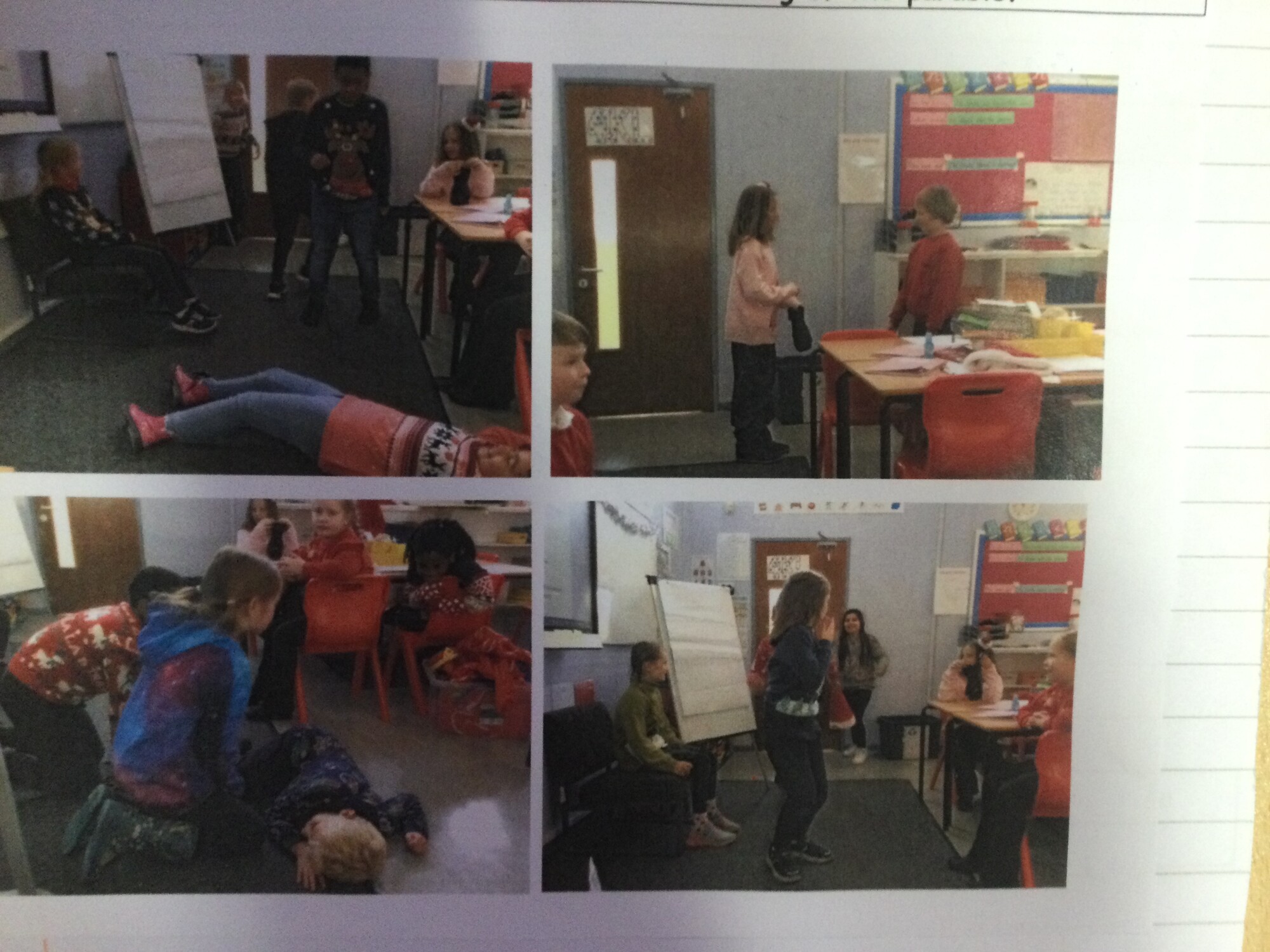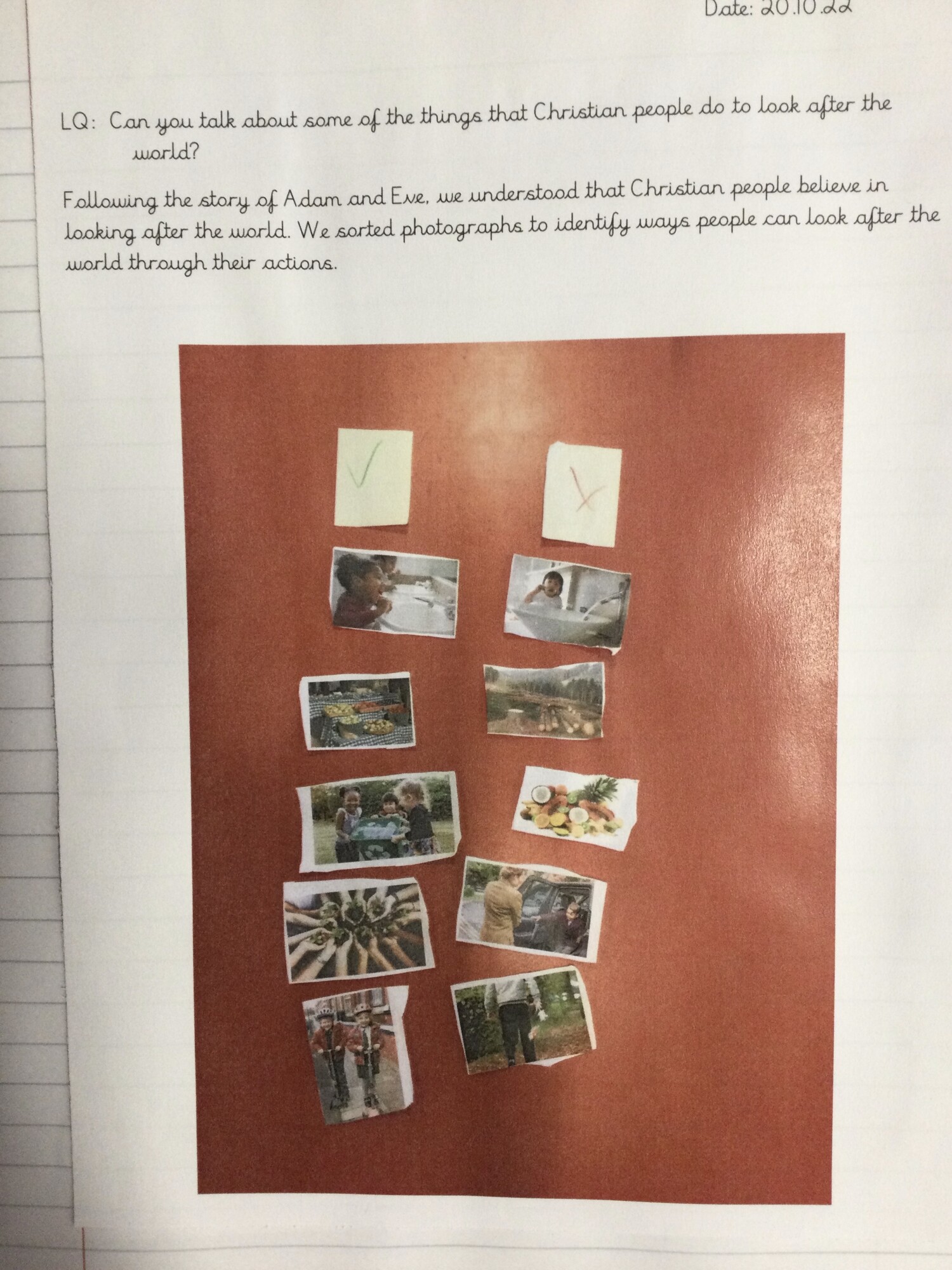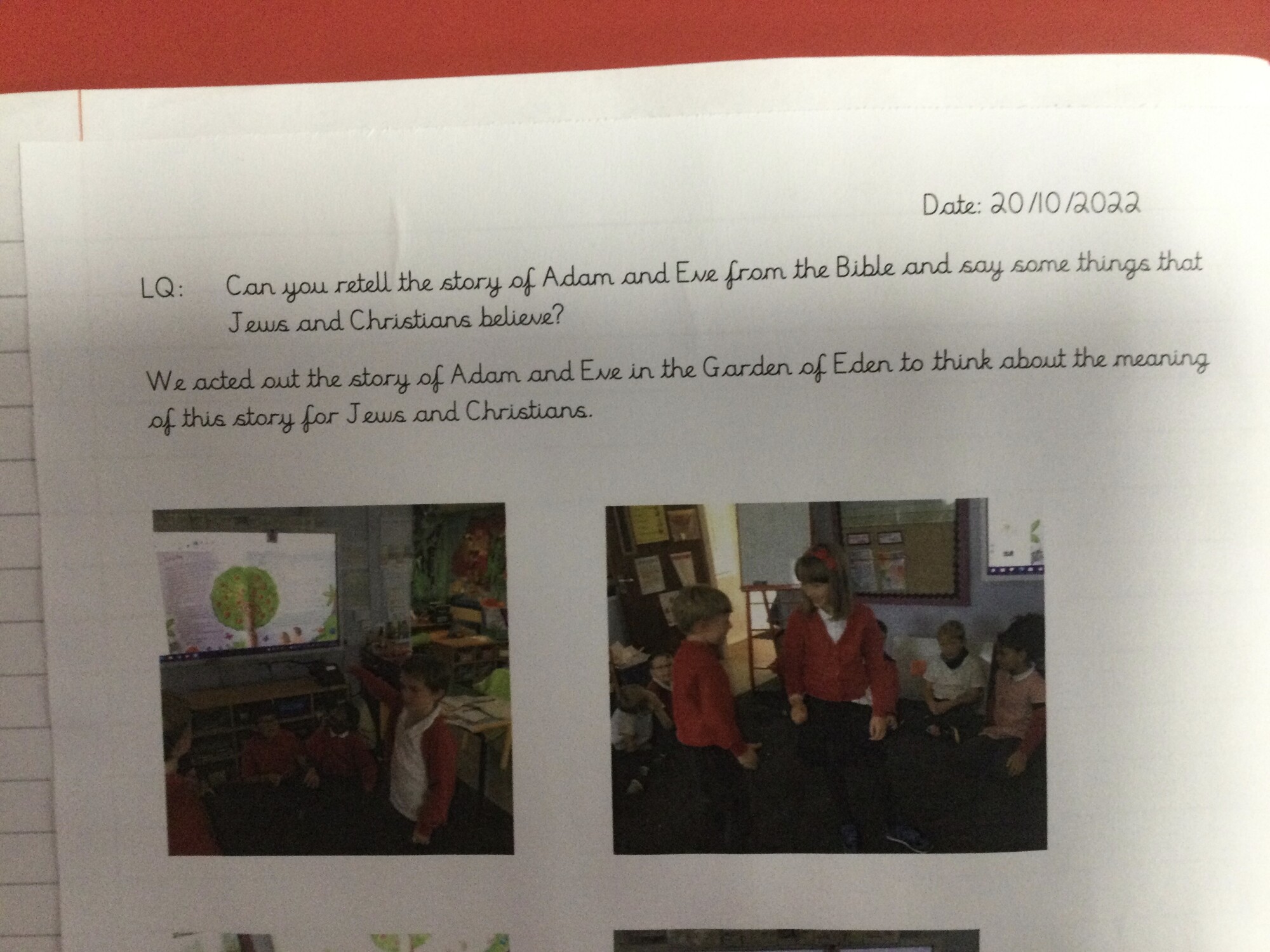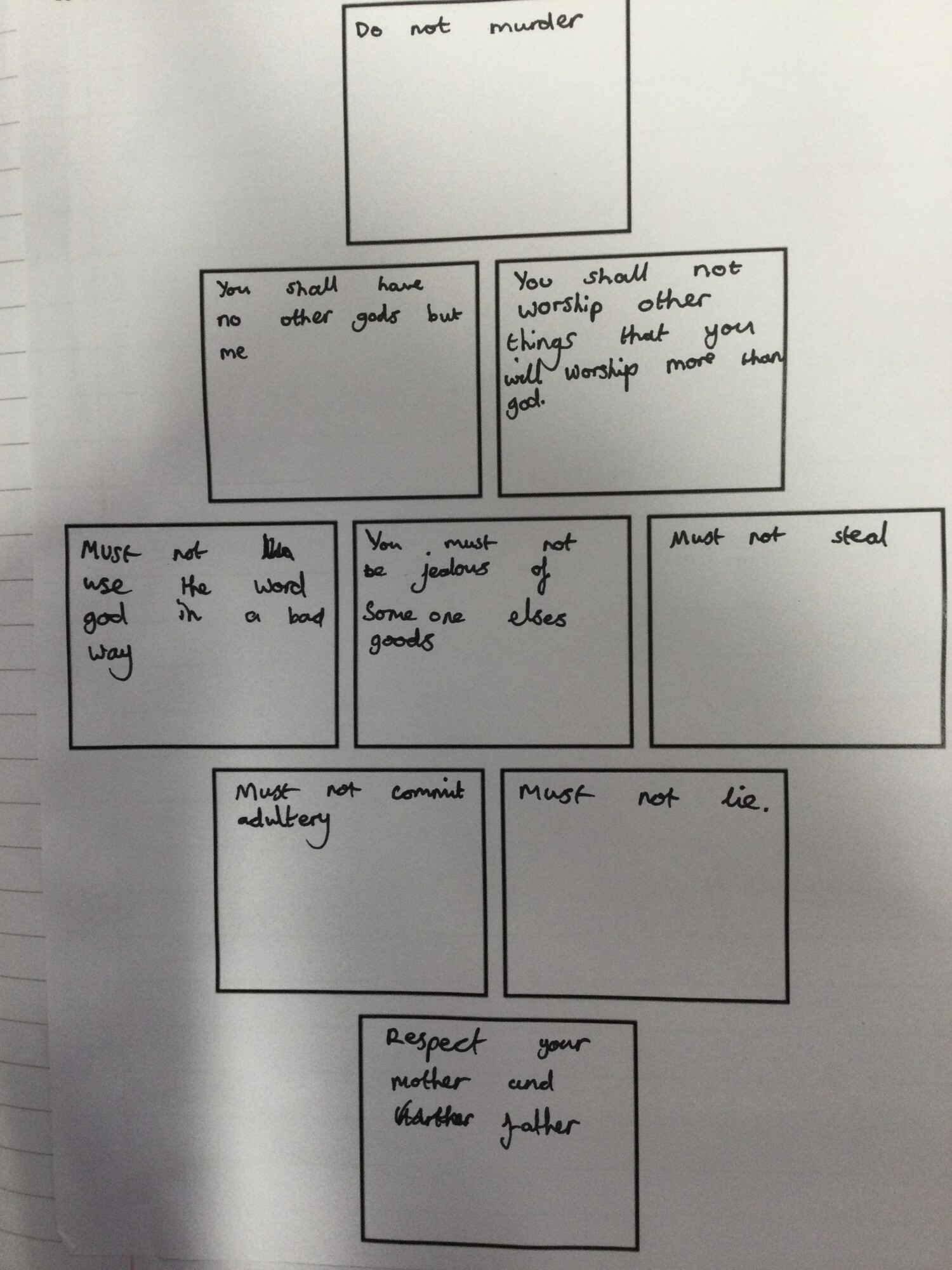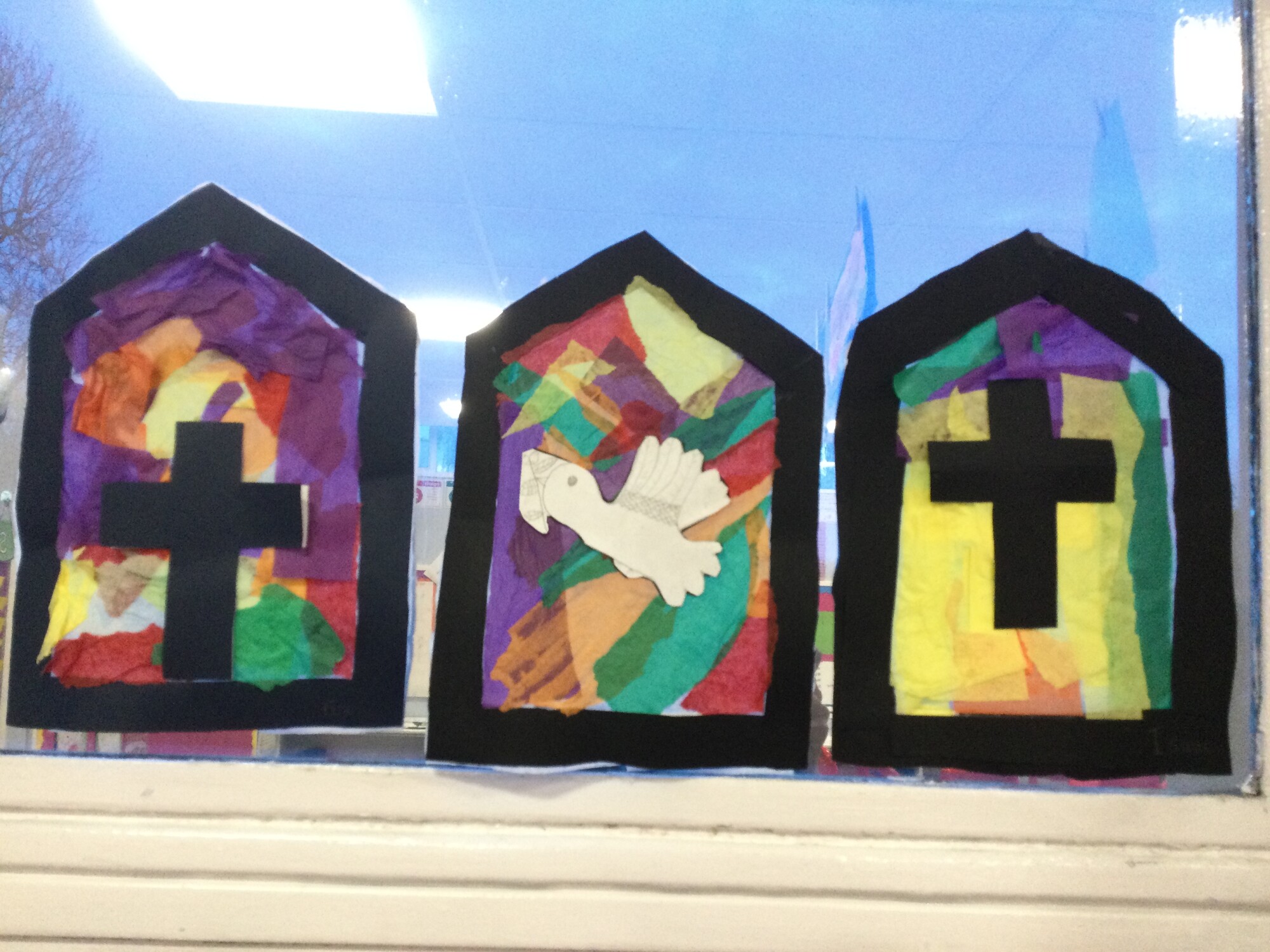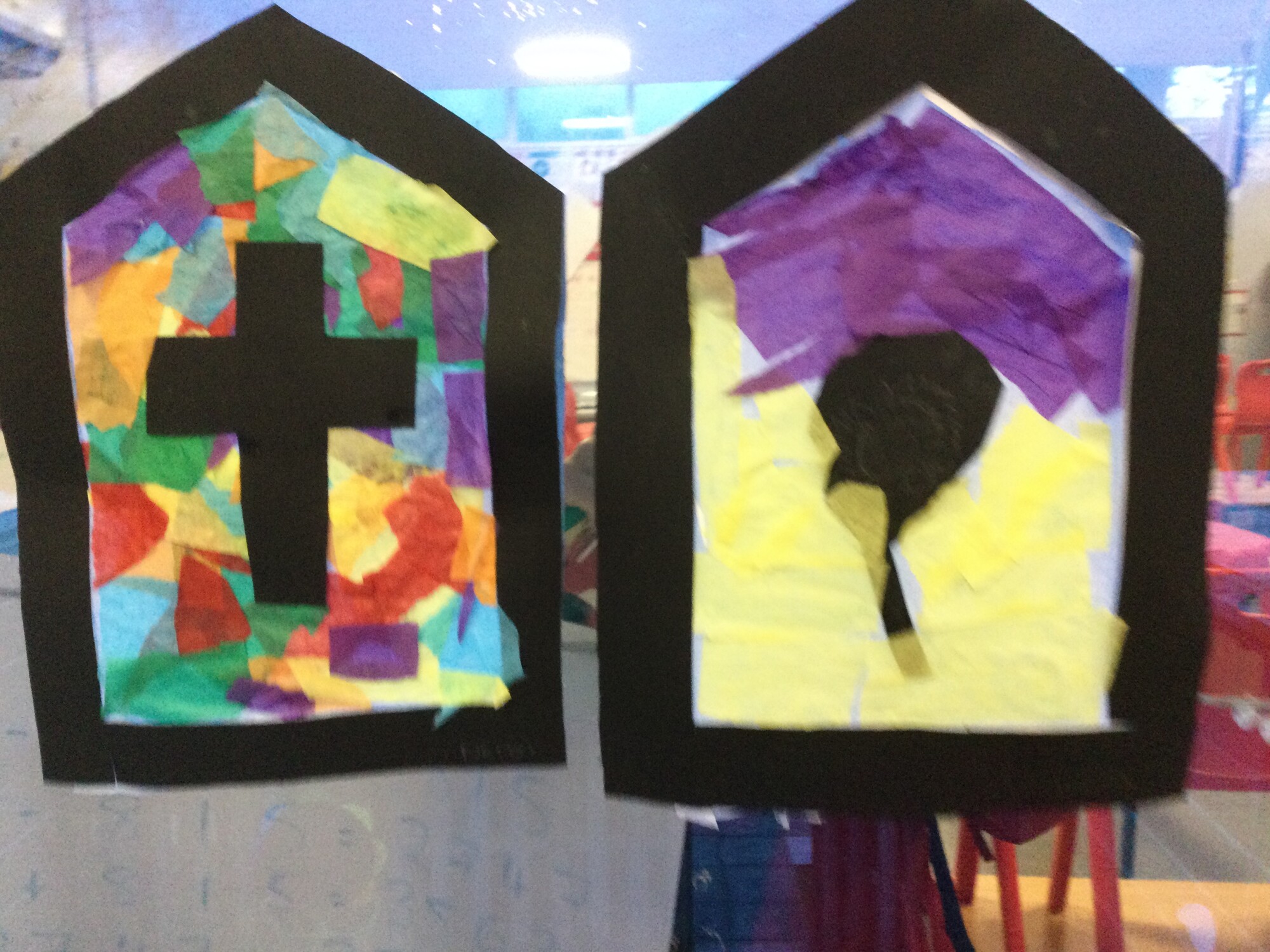Learning Hub
RE
RE Curriculum Statement
Intent
At Bessemer Primary School, we strongly believe that an understanding of and appreciation for all religions and spiritual beliefs is an important part of our children’s education and personal development; an appreciation that is underpinned by our core school values: tolerance, respect and connection to the community.
By learning about Hinduism, Christianity and all the other major faiths practiced around the world, our children not only develop the ability to ask challenging questions about life and their perception of right and wrong, but are able to articulate and appreciate their own faiths and traditions; they are able to explore similarities and differences and reflect on the commonalities that unite them. As a multi-faith school, within a multi-faith community, we encourage our children to be open-minded and curious, to respect the beliefs of others and recognise the value of a society that is diverse and rich with culture, beliefs and traditions.
The teaching and learning of RE runs parallel with our PSHE curriculum, school and British Values. All of which contribute to the embedding of a fundamental understanding of what is right and wrong; where discrimination, racism and bullying is challenged and we all work together to make our school a warm, positive and safe place to be.
Implementation
At Bessemer, our RE lessons follow the Southwark SACRE scheme of work. We have a different focus every half term with each unit building upon the learning of the previous one in lessons that explore the rituals, practices and narratives of each faith.
Lessons are creative, experiential and inclusive, utilising a range of teaching strategies and resources so the needs of all children can be met.
We encourage our children to draw upon their own experiences and those of friends and family, enriching their learning by ensuring it is collaborative.
Each unit is informed by key questions, encouraging our children to be curious and reflective from the offset, promoting discussion and debate. All of which are underpinned by one ‘Big Question’: an investigation of all religions in relation to one particular focus. For example, in year one they are asked the question, ‘What does it mean to belong?’, in year 4, ‘What is special to me and the people in our community?’ and in Year 6, ‘How important are the similarities and differences between and within religions?’. Each question is asked with the intention of building upon the learning of the previous unit, as the children deepen their understanding of religion, faith and different people’s relationship with them.
School visits to different places of worship expose the children to the art, rituals and resources of each religion in practice, broadening their understanding of each and appreciation of the part they play in the community in which they live.
Impact
At the end of each unit the children complete a focused task that encompasses their current learning, which is then assessed alongside ‘I can’ statements linked to each unit.
Learning is monitored through book scrutiny, learning walks and discussions with children and colleagues, with additional views shared through ‘pupil voice’.
The impact of the children’s RE learning can be found in the quality of discussions that take place and the work completed in their books. It is evidenced in their deepening understanding of and appreciation for all faiths and the compassion, tolerance and respect that informs it.
